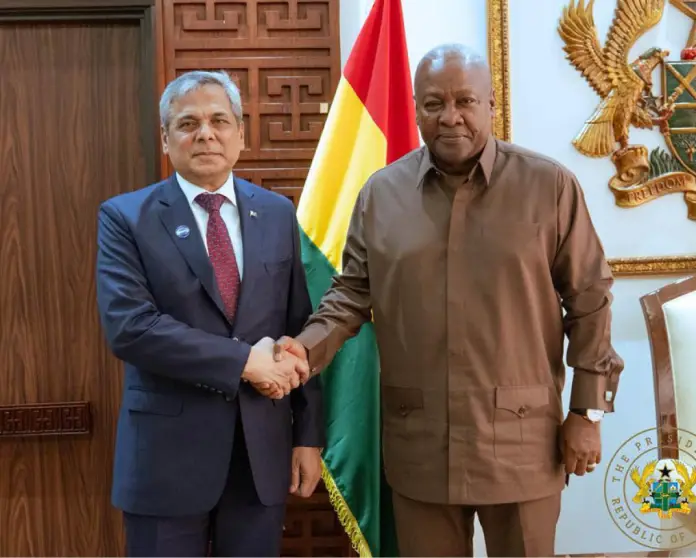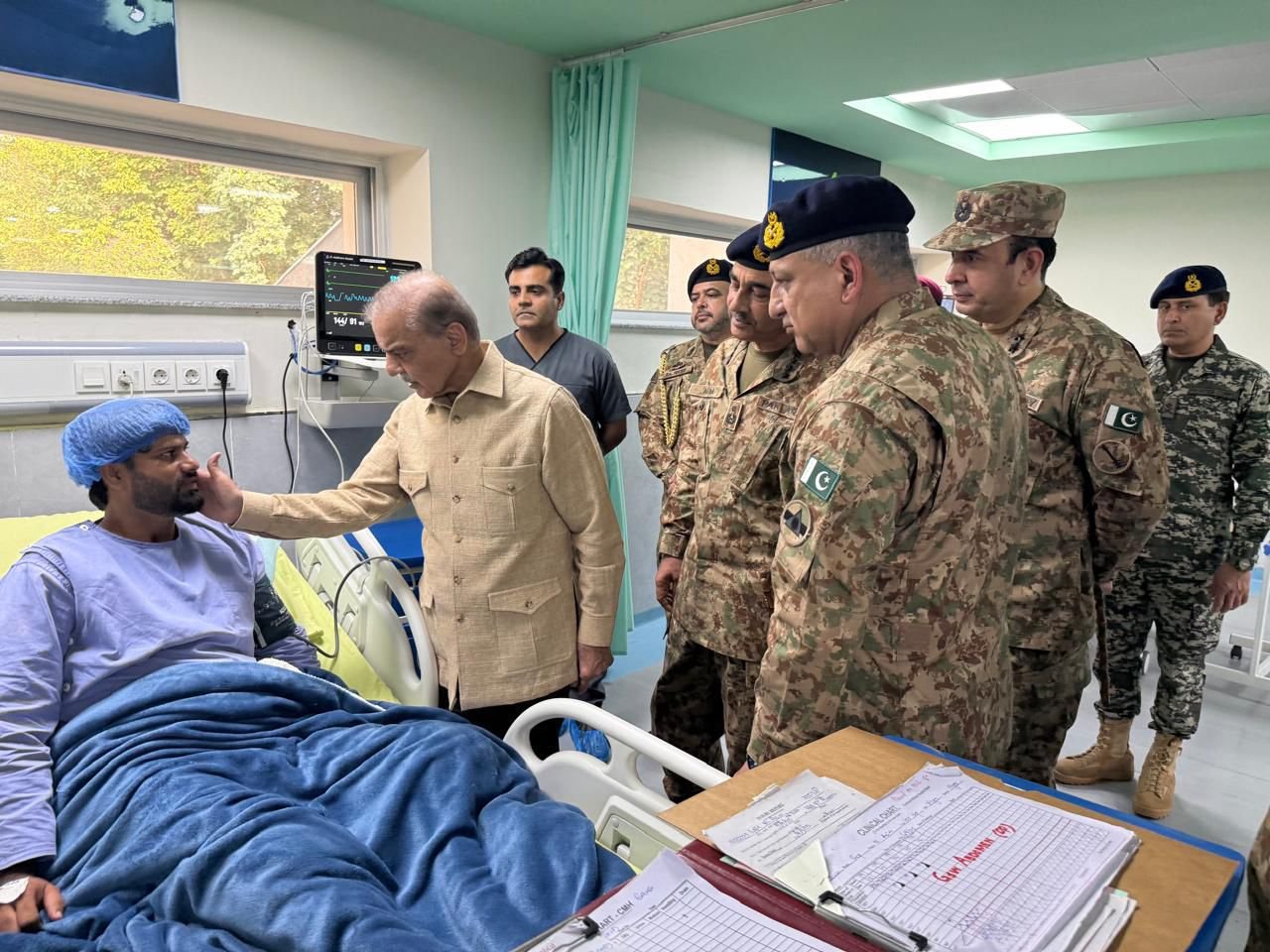Women University Swabi took a significant step in promoting academic research by inaugurating its two-day national conference on “Emerging Trends in Sciences and Social Sciences.” The conference brought together more than 100 scholars and researchers from across Pakistan to share their insights and present new research developments in a variety of fields.
The opening day featured notable addresses from renowned scientist Dr. Atta-ur-Rahman and former Vice Chancellor of FATA, Swat, and Peshawar Universities, Professor Muhammad Jahanzeb, among others. The event focused on the importance of interdisciplinary research and the integration of sciences with social sciences to address today’s global challenges.
Atta-ur-Rahman, delivering his speech online, emphasized the pivotal role of science and technology in national development. He urged Pakistani universities to increase their investment in cutting-edge fields such as biotechnology, nanotechnology, and artificial intelligence. “Science and technology are at the core of our nation’s growth,” Rahman stated. He also highlighted the need for collaboration between scientific and social disciplines to find innovative solutions to complex problems.
Muhammad Jahanzeb, who attended as the Chief Guest, spoke on the shifting educational landscape, particularly the growing trend of interdisciplinary education. He noted that traditional academic boundaries are becoming obsolete, and students are increasingly being trained across a spectrum of fields. “You are no longer just a chemist or psychologist; you are part of a broader intellectual community,” he remarked. He stressed that interdisciplinary training produces well-rounded graduates who can better tackle the challenges of modern society.
Jahanzeb also highlighted the difference between leaders and managers within educational institutions. “Your Vice Chancellor, Professor Nasir Jamal Khattak, should be a visionary leader, while your registrar ensures the effective implementation of policies,” he explained. He added that teachers, too, must act as leaders, guiding and motivating their students through innovative thinking.
The conference’s Chief Organizer, Gulnaz Parveen, and the Registrar of Women University Swabi, welcomed the distinguished guests and expressed their gratitude for their participation. Among the esteemed speakers were Professor Syed Mukaram Shah from Swabi University, Professor Bushra Khan from the Environmental Science Department at Peshawar University, Vice Chancellor of Shaheed Benazir Bhutto University, Professor Safia Bibi, and Professor Rehmat Qureshi.
In his speech, Mukaram Shah highlighted the importance of collaboration in academic research. He noted that studying emerging trends in both sciences and social sciences is vital for societal development and bridging the gap between academic work and real-world issues.
Bushra Khan discussed the pressing need for environmental sustainability, stating that research must focus on sustainable development and innovative solutions to contemporary environmental challenges.
Safia Bibi emphasized the critical role of the social sciences in understanding human behavior and societal trends, arguing that collaboration between the scientific and social sciences is necessary for holistic development.
In her concluding remarks, Rehmat Qureshi reiterated the significance of such academic gatherings, noting that conferences like this are essential for fostering academic growth and inspiring innovation in research.
The conference, a landmark achievement for Women University Swabi, continues tomorrow with further sessions and presentations aimed at advancing scholarly discussions and research collaboration. This event marks a pivotal moment in the university’s efforts to strengthen ties among researchers and contribute to the growth of interdisciplinary research in the region.










